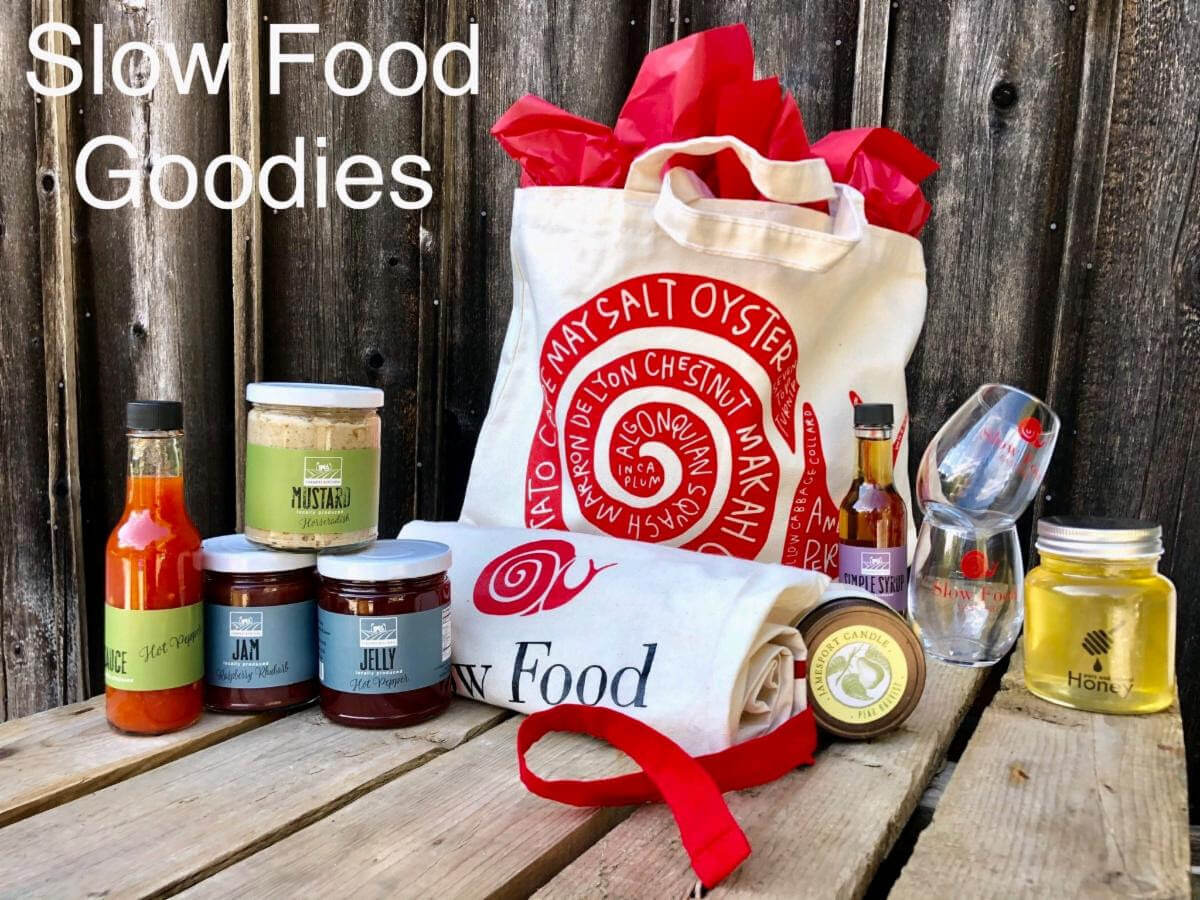Slow Food East End Shares Ideas for Change and Tasty Recipes

The mission of Slow Food East End has been to “seek to create dramatic and lasting change in the food system, Slow Food East End reconnects folks on the East End with the people, traditions, plants, animals, fertile soils and waters that produce our food. We inspire individuals and communities to change the East End of Long Island through food that is good, clean and fair for all.”
Following that recipe, Slow Food East End has engendered important change and offered invaluable insight over the years, and at their very first virtual annual meeting on October 11 at 6 p.m. (which anyone can register to join for free), more change and new ideas are coming, as a new video and a new mission will be shared.
“Every year Slow Food East End Board Members hold a strategic planning meeting to plan the year ahead. At this year’s meeting in February something big in the evolution of SFEE happened,” a note from the organization with an invitation to sign up for the October 11 meeting. “Board members agreed to adopt a new and aspirational mission statement that would position SFEE to reach higher to find opportunities to make a larger and more substantial impact on our local community.
“A month later, when COVID struck, this mission was immediately put to work,” the note continued. “Working with our partners and members, we created new initiatives to help and support our farmers, fishermen, vintners, restaurants and artisanal food producers as they worked hard to reinvent their businesses in an extremely challenging period.”
As a chapter of Slow Food USA, a global grassroots organization founded in 1989, Slow Food East End is one of the largest chapters in the country and has long been committed to the importance of sustainability, sourcing and celebrating the bounty offered all around us here in the Hamptons and on the North Fork. Good. Clean. Fair.
What they mean by good: “We believe in delicious food created with care from healthy plants and animals. Gathering around good food is a wonderful way to celebrate diversity of people, place, and culture.
What they mean by clean: “We believe in nutritious food that is as good for the planet as it is for our bodies. Food should be grown and harvested with methods that improve our ecosystems and promote biodiversity.”
What they mean by fair: “We believe that food is a universal right. Food should be accessible to all—regardless of income—and produced by people who are treated with dignity and justly compensated for their labor.”
The Slow Food East End annual meeting has traditionally been an in-person potluck dinner affair, so to keep things fun and festive and food-forward, they have invited everyone to cook ahead, and even shared some recipes from local culinary stars. Along with Noah’s Local Seafood Bouillabaisse from Noah Schwartz and Al Goldberg’s Red Seafood Chowder from Al Goldberg, you can raise a toast with Fermented Drinks with Leslie Merinoff, CEO of Greenport’s Matchbook Distilling Co.—a research and development facility dedicated to bespoke contract production of spirits that champion agriculture, anthropology, tradition and science. She will teach you how to make “The Solo Mio Mixer,” which uses Matchbook’s spirit Solo Mio, made with three strains of koji grown in house on organic Kokuho Rose rice from California, butternut squash from Treiber Farms and organic wheat from Oeschner Farms in New York.
The Solo Mio Mixer
- 2 oz Sole Mio
- 1.5 oz pineapple juice
- 0.75 oz coconut cream
- 0.5 oz lime juice
- Shake with ice and strain over cracked ice. Fresh juice is fun but not necessary.



